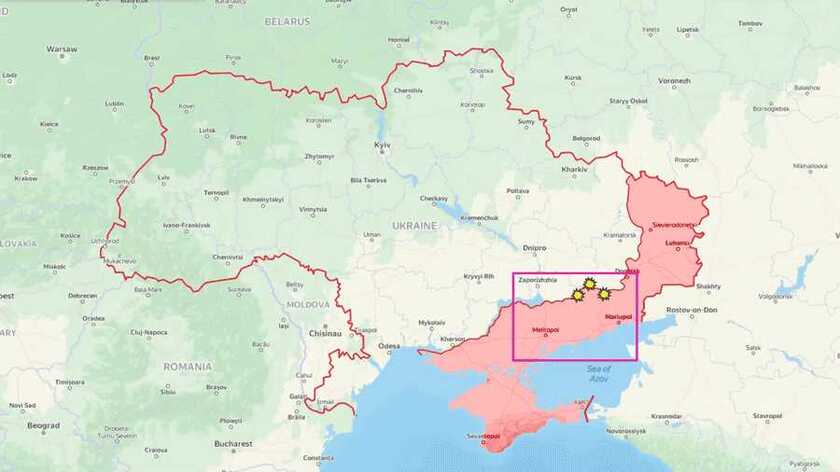
Hey everyone, let’s break down the latest developments in Ukraine, along with some geographical context so you can understand the bigger picture.
Russian Advances in Velyka Novosilka
- Where Is It? Velyka Novosilka is a settlement in Donetsk Oblast, in eastern Ukraine. It’s located along a front line that has seen heavy fighting throughout the war. Think of it as part of the larger Donbas region, which Russia has been trying to dominate since 2014.
- What’s Happening? Russian forces claim they’ve taken control of most of Velyka Novosilka, a key step if they want to push further west toward the Dnipropetrovsk Oblast boundary, a major region in central Ukraine. If Russia keeps advancing here, it could cut off key Ukrainian supply lines to the east.
Strategic Implications
- Why Does This Matter? The Donbas region, including Donetsk Oblast, has always been a focal point of the war. Russia sees it as a critical piece of its goal to secure territory in eastern Ukraine. By gaining control here, Russia could pivot to other active fronts like:
- Kupyansk: In northeastern Ukraine, where Russia aims to stretch Ukrainian defenses.
- Chasiv Yar and Toretsk: Towns near Bakhmut in Donetsk Oblast, still hot zones of conflict.
- Pokrovsk: A more western point in Donetsk, key for deeper incursions.
Ukrainian Counteractions
- Where’s the Ryazan Oil Refinery? This refinery is in Russia’s Ryazan Oblast, about 200 kilometers southeast of Moscow. While not in Ukraine, it’s crucial because it supplies fuel to Russian military equipment used in the war.
- What Happened? Ukrainian forces hit the refinery with drones, causing a fire in one of the tanks. This is part of Ukraine’s broader strategy to disrupt Russia’s supply chains and make it harder for their military to operate effectively.
Bigger Picture
- The fighting in Donetsk Oblast highlights how contested eastern Ukraine remains. Russia is pushing west from its occupied territories in Donbas, while Ukraine is countering by striking Russian logistics and infrastructure.
- Places like Velyka Novosilka may not seem significant on their own, but they’re part of a larger chessboard where control over towns and supply lines can shift the momentum of the war.
What’s Next? With these gains, Russia might focus on consolidating its control in the east or move forces to other hotspots. Meanwhile, Ukraine’s counteroffensives, including strikes on Russian supply chains, will likely continue to shape the battlefield.
Let me know what you think—does Russia’s push in Donbas seem like a game-changer, or is Ukraine’s strategy of targeting logistics the real key to turning the tide? Share your thoughts below!
















